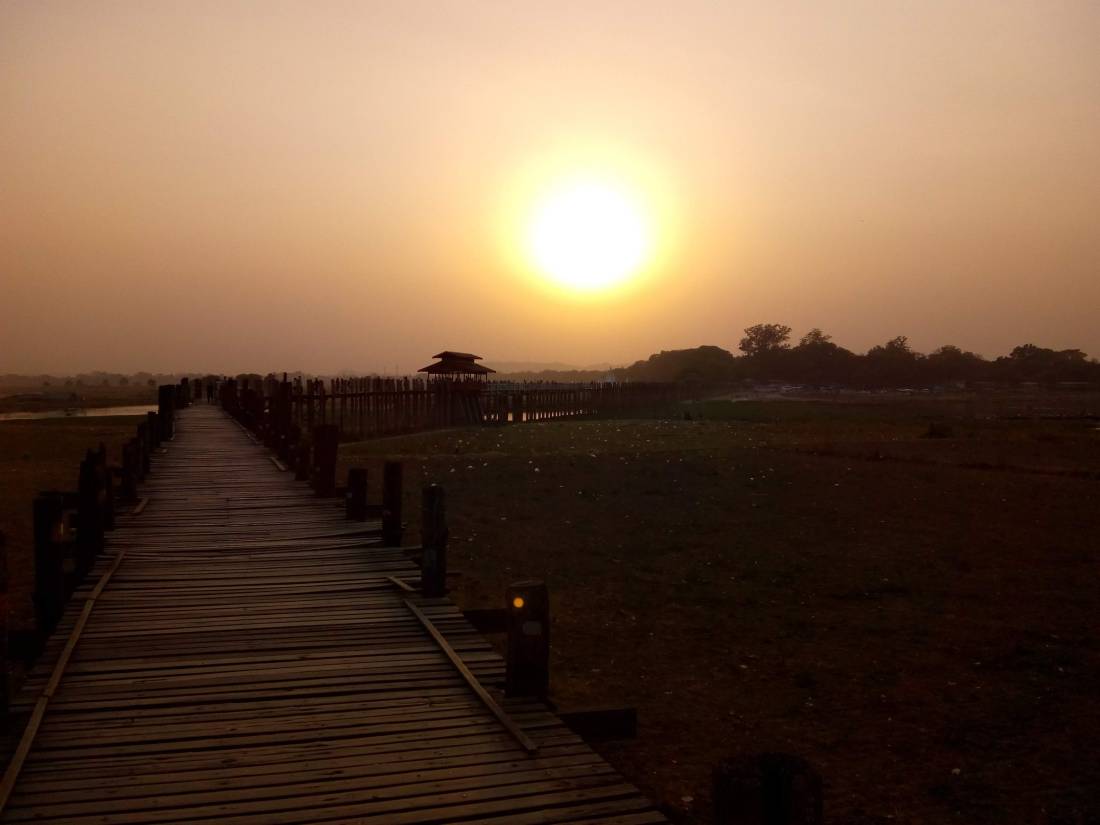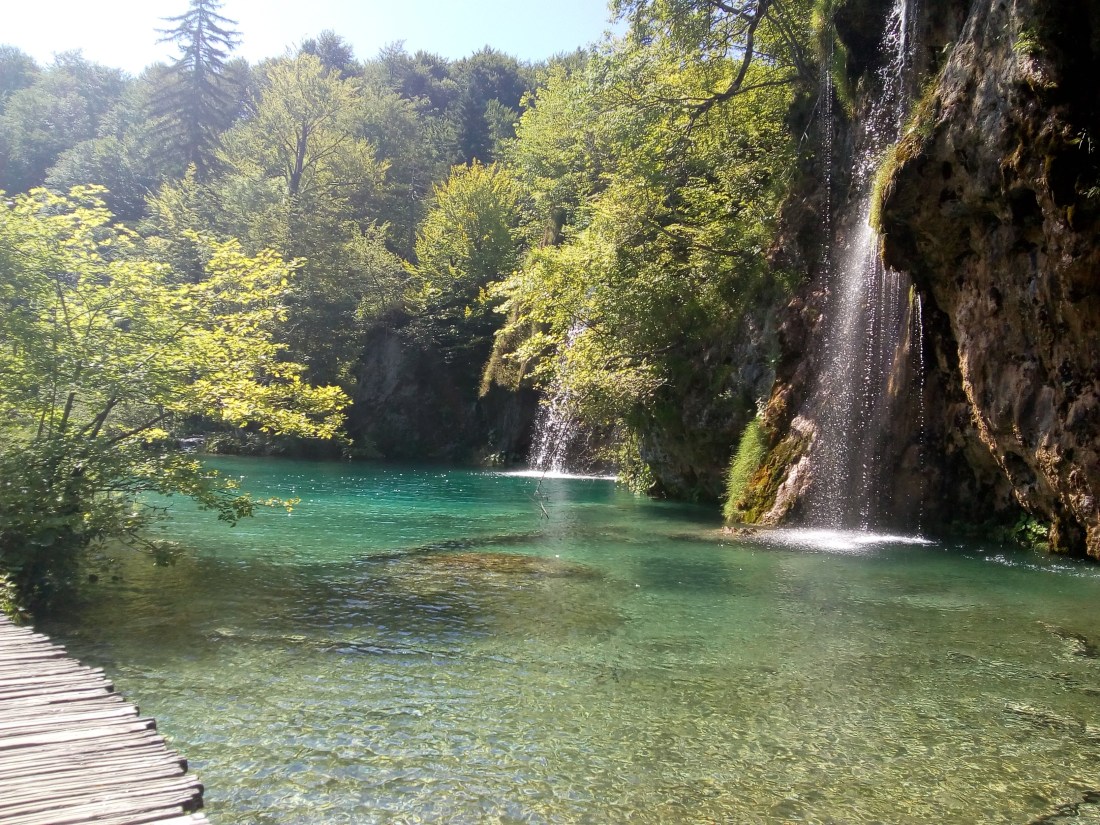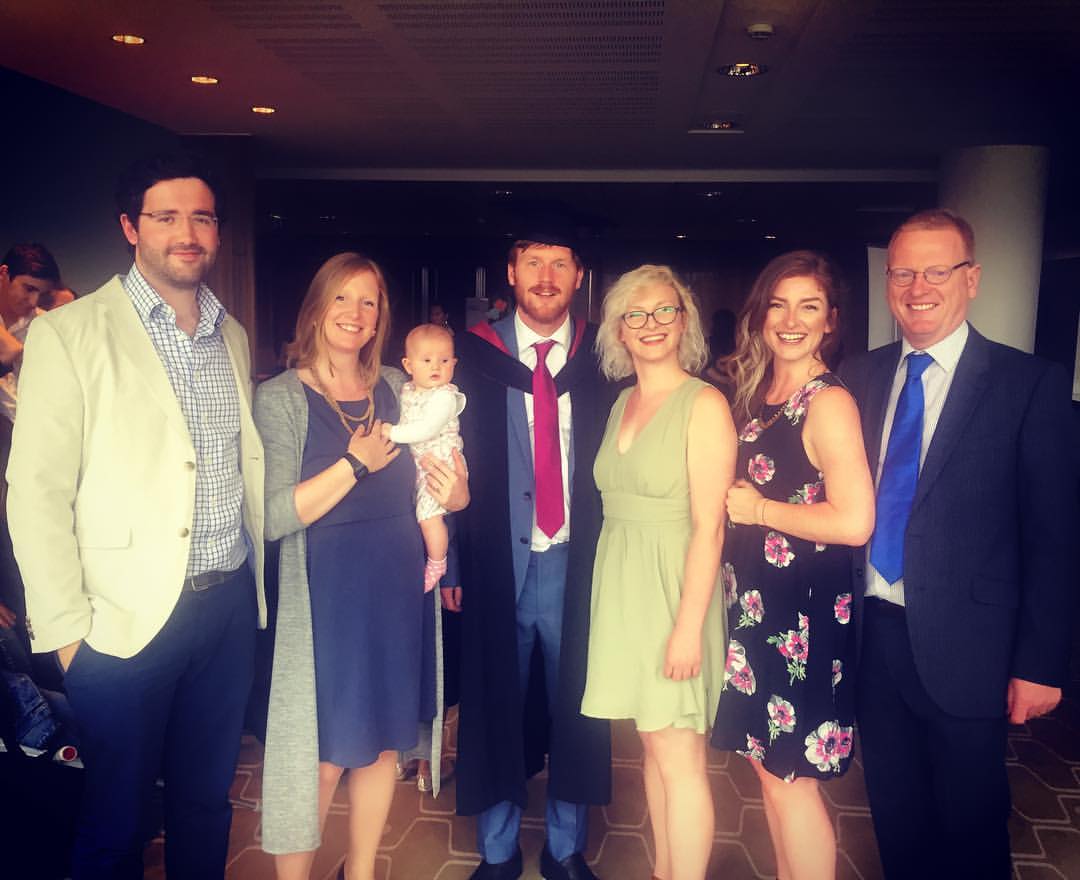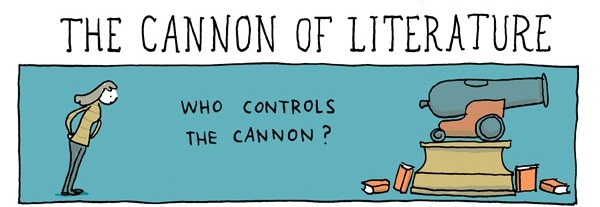One of my pastimes is writing poetry. Unfortunately, I find it difficult to get going and unpack nascent ideas, so I regularly bother my good friend Sarah de Nordwall, Founding Bard of The Bard School, for tips and inspiration.

One such piece of advice that Sarah gave at one delightful Bard School session (featuring ginger wine, pizza, and a replica of Elrond’s sword in the corner) was to try to write in response to things, whether that was a quotation you like, a conversation you had earlier in the day, or just a piece of furniture. I found it to be a beautifully relational way of composing, as you are required to try to understand another perspective before you can begin to express your own. Furthermore, it enables you to write without having to necessarily speak from personal experience; rather than be autobiographical you simply enter into dialogue.
Sarah set me the task of writing a piece in response to one of her own poems, called ‘I must leave you’. It turns out I completely misinterpreted the poem, but I found it such rich material in conjunction with such a fruitful method that I wrote my piece in about 20 minutes. I received good feedback from others present and the experience helped me to produce more poetry over the next couple of months than I had in the last few years, so even if you think my poem is total rubbish it’s clear the method works at least in increasing productivity. Of course, not everything works for everyone, but I find this method particularly helpful.
Looking at the canon of English literature, such illustrious names of the English Renaissance as Christopher Marlowe and Sir Walter Raleigh wrote responses to each others poems, most famously in ‘The Passionate Shepherd To His Love’ and ‘The Nymph’s Reply To The Shepherd’, though I think that was less about writer’s block and more about Elizabethan banter.
Below are mine and Sarah’s poems. If you want to read more of my attempts at responsive poetry let me know; I have one that responds to a C.S. Lewis quotation and another that responds to a part of Thomas Babington Macauley’s Lays of Ancient Rome.
I must leave you
By Sarah de Nordwall
I must leave you
By the fountain
By the garden’s inner wall
I shall close the door behind me
So I cannot hear you call.
I look towards the mountain
Though the mountain looks so far
But you are so much further from me
Sitting where you are
I must leave you
By the fountain
By the garden’s inner wall
I shall close the door behind me
So I cannot hear you call.
I’m sorry if the jungle
Is the garden that I seek
I would bring exotic flowers
But I fear they would not keep.
You watch me unprotected leave
To walk this vagrant’s course
And you sit beside the fountain
But I seek the fountain’s source.
I must leave you
By the fountain
By the garden’s inner wall
I shall close the door behind me
So I cannot hear you call.
I leave, but must I lose you
You could follow
Will you come?
But the door is locked behind me
And is silent
It is done.
I walk towards the mountain
Till I hear another cry
The waterfall calls distantly
And I run beneath the sky
Sarah kindly gave permission to reproduce her work here; it can also be found in her anthology 50 Poems for my 50th, which is utterly fantastic. You can get hold of a copy by contacting her on Facebook or through her website, which also has audio material available to download, or on Amazon. Her handle for instagram and twitter is @sarahdenordwall.
I must love you
By Tom Willcox
Is the door shut tight?
Or can you hear me call?
If it does not budge
I will climb the garden wall.
In sackcloth and in ashes,
I ask for one more chance;
To live this loving way,
To dance your loving dance.
I’ve turned away from you,
From the path I want to walk.
Although I fear the viper,
With your love I will not baulk.
I’ll protect you in the jungle,
In the face of death itself.
I want to see its wonders –
Those flowers and much else.
I don’t want to lose you –
So help me know The Source –
I want to walk beside you
As you trace this vagrant’s course.
I will run towards the mountain
Until you hear my desperate call.
I can’t say that I have much to give,
Only who I am, that’s all.
—————————————————————————————————————————————-
I met Sarah through a friend who described her as a ‘genius’ and sent me a piece of her work while I was attempting to finish a poetry assignment for my university course, which required me to write a poem and then analyse it. It immediately spurred me on with new ideas, and a phone call to her later that day was the beginning of what is, at least for me, a very fruitful writing relationship. Sarah writes poetry and prose, both of which function very well in either private reading or performance. Not only is Sarah a very gifted writer, but she also has a fantastic charism for bringing out the creative talents of others. Based in London, she delivers a wide range of seminars and sessions to people of all demographics all over the world, and I thoroughly recommend getting in touch if you want to explore your own artistic gifts whatever form; visual, written, or performance-based.




 (credit to
(credit to